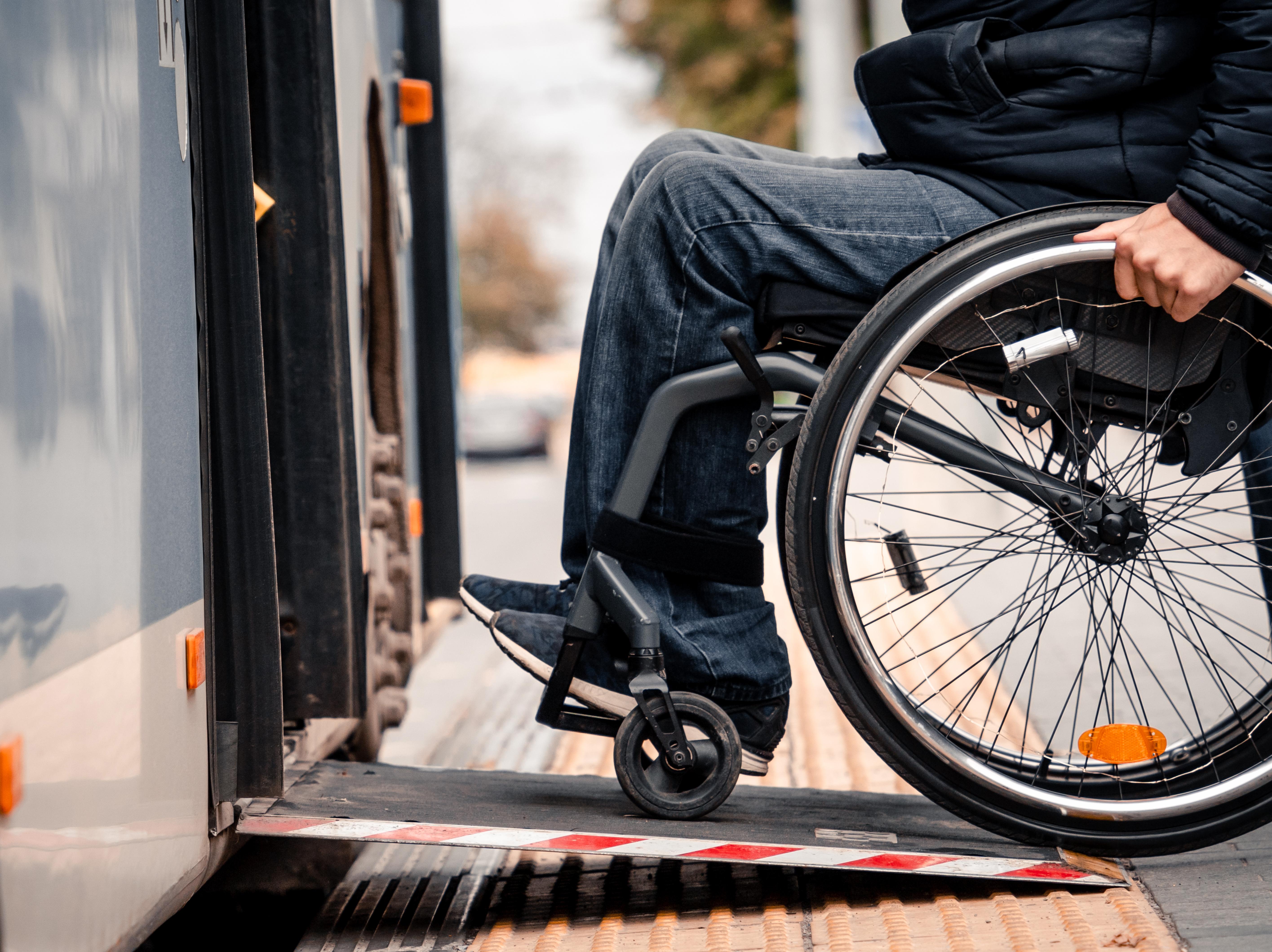Transportation & Mobility


Significance
Everyone should have access to reliable, affordable ways to get to work, school, and services. Lack of transportation limits access to jobs, health care, education, and participation in community life.

The goal of public transportation is to connect people with opportunities such as work and school. The reliance on this service is particularly salient for those whose only means of mobility is public transit. Capturing the rate of transit dependency for people of color and those who are low income compared to more affluent, non-minority riders is important for promoting equitable service delivery in transportation.
The distance people travel to access transit measures convenience and overall accessibility. Accessing transit is an essential measure because if people cannot get to the bus stop, then issues of crowding and reliability are inconsequential.
- Walk Score
- Bike Score
- Transit Score
Bus crowding and lateness limit people’s ability to use Public Transportation conveniently and reliably. Highlighting the need to decrease bus crowding and improve schedule reliability is important because it reveals areas where resource allocation can improve equity in service delivery.
Bus timeliness is important because it is a key element of service reliability for customers. Reliable and convenient service is particularly important when serving residents who utilize public transit for all or most of their transportation needs. Examining service reliability across minority and low-income routes provides an equity checkpoint for transit delivery service.
- Reduced Fare Permits
- Low-Income Fare Permits
- Transportation Cost-Burden
